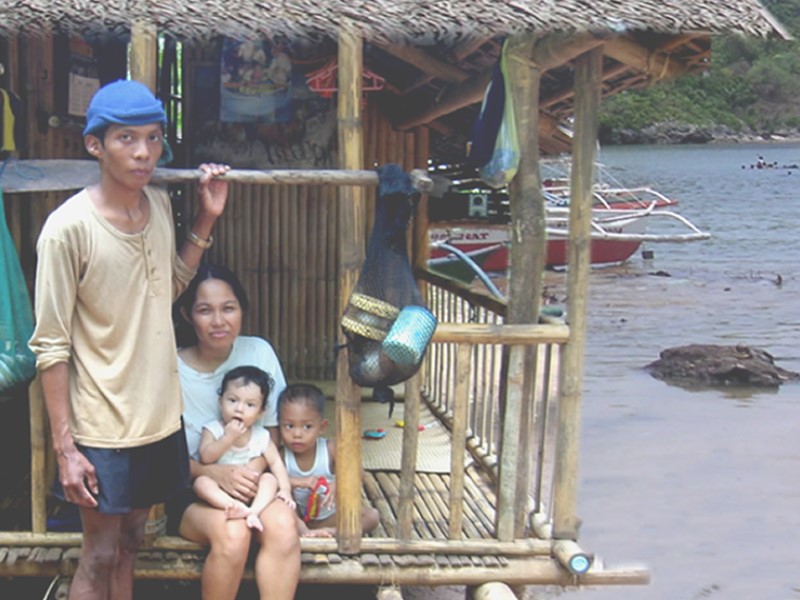The FISH RH project was a subcontract from USAID via TetraTech EMI to support of the goals and objectives of the Fisheries Improved for Sustainable Harvest (FISH) Project. The project utilizes the Integrated Population and Coastal Resource Management (IPOPCORM) approach to achieve its long-term goal of improving food security and quality of life in communities that depend on coastal resources while maintaining biological diversity of marine ecosystems. The IPOPCORM approach works towards achieving three desired outcomes namely:
- improved reproductive health outcomes of people living in coastal communities;
- enhanced management of marine and coastal resources at the community level; and
- increased awareness and support for linked FP/RH and fisheries management and policy reforms.
Results of program monitoring indicate that the project achieved the outcomes and indicators set forth by the project. Reproductive health outcomes improved. The Community Health Outreach Workers (CHOWs) and volunteers were able to motivate new FP acceptors among Women of Reproductive Age (WRA, ages 25-49 years old) and sexually active youth (15-24 years old).
The men, women and youth availed of the Family Planning commodities consisting of pills, DMPA and condoms from the Community-Based Distributors (CBD) established by the project in the four target municipalities. Management of marine and coastal resources was also enhanced at the community level with trained community volunteers delivering integrated RH/population and fisheries messages and services to the target communities. The project also increased awareness and support for linked FP/RH and fisheries management and policy reforms in all ten (10) covered barangays in the four (4) project municipalities. Subsequently, the project was turned over formally to the municipal executives. All four local government units (LGUs) assumed responsibility for sustaining the project activities.

